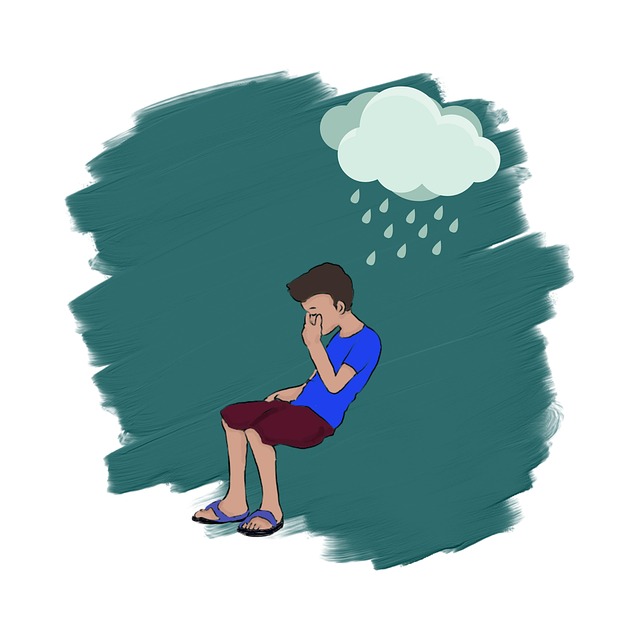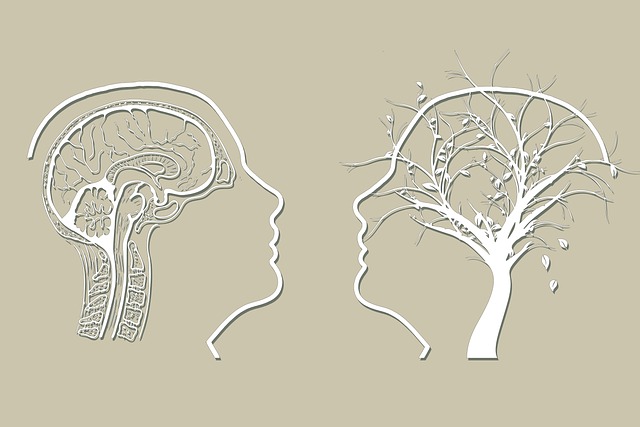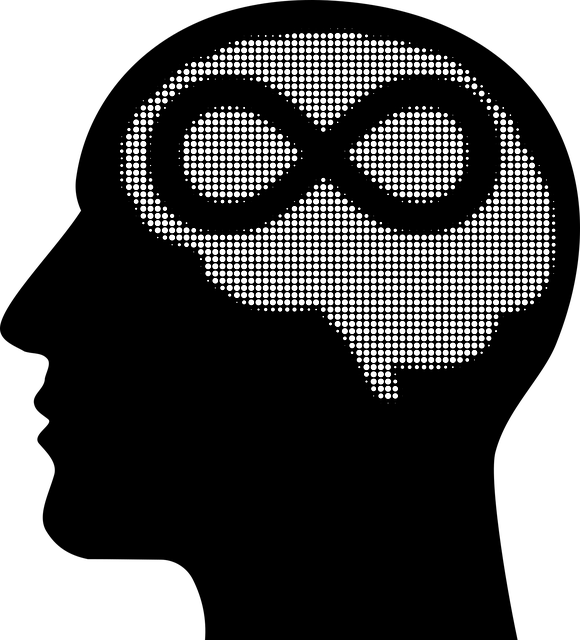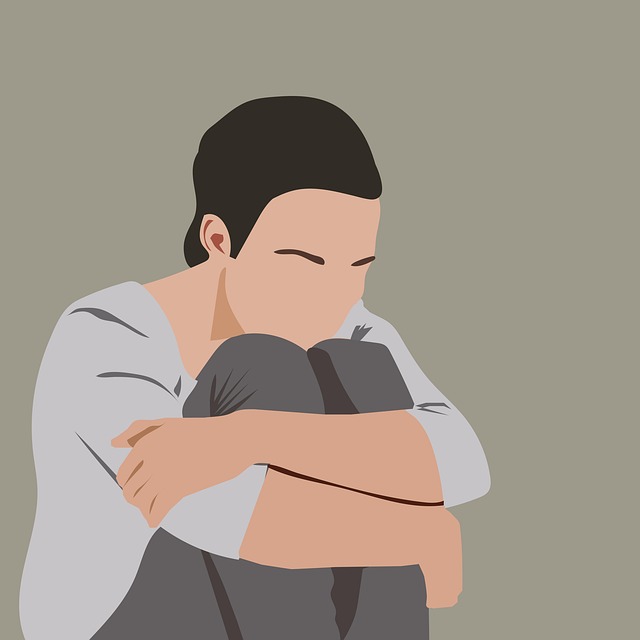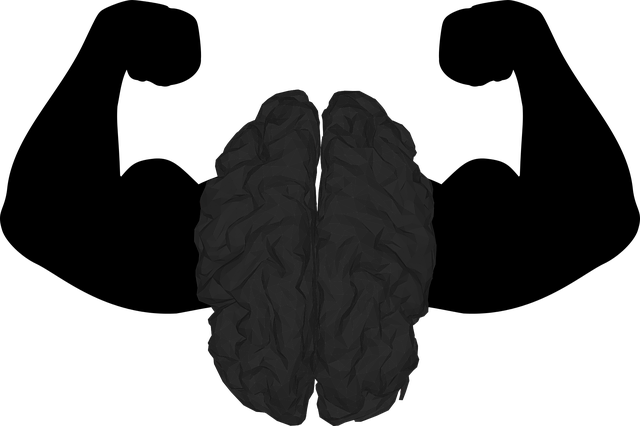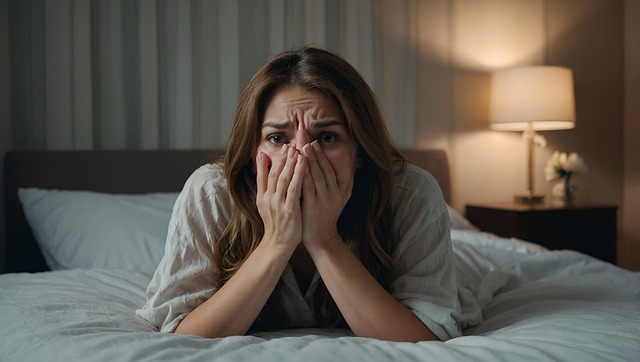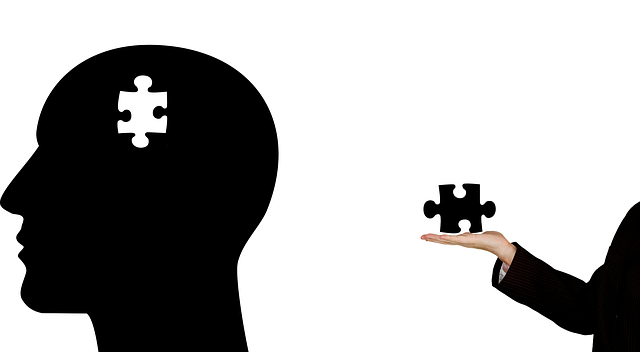Littleton Geriatrics Therapy offers a unique RFM (Resilience, Flexibility, Mobility) approach that combines physical exercises with emotional healing and Mind Over Matter principles. By focusing on building resilience and adaptability in older adults, our tailored programs enhance quality of life, reduce stress, and foster independence, empowering seniors to navigate mental health challenges and maintain their dignity as they age. Our RFM methods integrate risk assessments, functionality, and mental health evaluations to design personalized interventions, using mindfulness exercises and self-care rituals to significantly improve well-being, particularly for trauma support. Success is measured through both quantitative and qualitative methods, showing reduced anxiety levels, improved quality of life, cognitive function, and stress coping mechanisms. Cultural sensitivity ensures tailored approaches for diverse patient populations, making Littleton Geriatrics Therapy a leading provider in resilience building and overall well-being.
At Littleton Geriatrics Therapy, we believe that fostering resilience is key to enhancing the well-being of our elderly patients. This article explores RFM (Resilience, Flexibility, and Mastery), a revolutionary approach to geriatric care developed by Littleton Geriatrics Therapy experts. We delve into the core principles, highlighting how resilience-building exercises can transform daily routines and improve patient outcomes. Discover tailored programs, effective strategies for implementation, and measurement techniques to unlock the power of RFM in elderly care.
- Understanding RFM: The Core Principles at Littleton Geriatrics Therapy
- The Role of Resilience Building Exercises in Elderly Care
- Customized RFM Programs: Tailoring to Individual Needs
- Effective Strategies for Incorporating RFM into Daily Routines
- Measuring Success: Evaluating the Impact of RFM on Patient Well-being
Understanding RFM: The Core Principles at Littleton Geriatrics Therapy

At Littleton Geriatrics Therapy, understanding RFM (Resilience, Flexibility, and Mobility) goes beyond mere physical exercises. It’s a holistic approach that intertwines emotional healing processes with Mind Over Matter principles to build resilience in older adults. The core principles of RFM focus on enhancing self-esteem improvement by fostering adaptability in the face of challenges. Through tailored activities, patients are encouraged to embrace change, navigate through difficult situations, and maintain their independence.
Littleton Geriatrics Therapy recognizes that building resilience is not just about overcoming physical limitations but also nurturing the mental fortitude required to thrive in a constantly evolving world. By combining targeted exercises with emotional support, RFM becomes a powerful tool for enhancing quality of life, ensuring that individuals remain active, engaged, and confident as they age.
The Role of Resilience Building Exercises in Elderly Care

Resilience building exercises play a pivotal role in elderly care, offering a proactive approach to enhance the overall well-being of seniors. In an age where mental health issues among the aged population are on the rise, incorporating activities that foster resilience can be transformative. These exercises aren’t just about physical strength; they focus on mental and emotional preparedness, equipping elders with tools to navigate life’s challenges, including potential crises.
Littleton Geriatrics Therapy recognizes this need and incorporates crisis intervention guidance into their programs. Through a combination of therapeutic techniques and self-care routine development for better mental health, these exercises aim to reduce stress levels and promote resilience. By teaching seniors effective stress reduction methods, they gain a sense of control over their lives, boosting their confidence to handle difficult situations. This proactive approach not only improves the quality of life but also empowers elders to maintain their independence and dignity as they age.
Customized RFM Programs: Tailoring to Individual Needs

At Littleton Geriatrics Therapy, we understand that every individual has unique needs when it comes to resilience building and stress management. That’s why we offer customized RFM (Risk Assessment, Functionality, and Mental Health) programs designed to address specific challenges. Our approach involves a thorough Risk Assessment for Mental Health Professionals, taking into account each client’s physical functionality and mental wellness state. This personalized assessment allows us to create tailored exercises that promote resilience, enhance coping mechanisms, and foster overall mental wellness.
Through these customized programs, we aim to prepare individuals to navigate life’s stressors more effectively. By focusing on stress management techniques, our therapy sessions empower clients to build a robust support system, improve their problem-solving skills, and cultivate a positive mindset. Whether it’s adapting exercises for limited mobility or incorporating activities to boost cognitive function, our dedicated therapists ensure that the RFM program aligns perfectly with each client’s journey towards better mental health.
Effective Strategies for Incorporating RFM into Daily Routines

Incorporating RFM (Resilience, Flexibility, and Mindfulness) into daily routines can be a transformative process, especially for those seeking enhanced well-being, such as individuals availing of Littleton Geriatrics Therapy services. Start by setting aside dedicated time each day for mindfulness exercises. Simple practices like deep breathing or guided meditation can significantly reduce stress levels and foster mental resilience. These moments of calm can be particularly beneficial in managing anxiety, a common challenge that trauma support services often address.
Public awareness campaigns development emphasizes the power of regular self-care rituals. Incorporate physical activities that promote flexibility and strength, tailored to individual abilities. Whether it’s gentle yoga or brisk walks, these activities not only improve physical health but also serve as effective tools for stress reduction and anxiety relief. By integrating RFM into daily life, individuals can build a stronger framework of resilience, enhancing their overall well-being.
Measuring Success: Evaluating the Impact of RFM on Patient Well-being

Measuring success is a vital aspect of any therapy program, especially when focusing on resilience building through RFM (Rest, Exercise, and Mindfulness) techniques at Littleton Geriatrics Therapy. The impact of these interventions on patient well-being can be evaluated using various quantitative and qualitative methods. One key metric is tracking changes in anxiety levels before and after the program. Anxiety relief is a primary goal of many geriatric therapies, and RFM exercises have shown promise in reducing symptoms, as evidenced by numerous studies.
Additionally, the success of RFM can be assessed through patient reports on improved quality of life, enhanced cognitive function, and better coping mechanisms to deal with stress. Cultural sensitivity in mental healthcare practice is another essential aspect to consider. At Littleton Geriatrics Therapy, we understand that tailored approaches are crucial for diverse patient populations. By measuring both subjective and objective outcomes, we ensure that our RFM programs not only meet but exceed expectations, fostering resilience and overall well-being among our patients, guided by the Mind Over Matter principles.
Litton Geriatrics Therapy has demonstrated that integrating Resilience-based Functional Movement (RFM) exercises into elderly care routines significantly enhances patient well-being. By understanding the core principles of RFM, tailoring programs to individual needs, and effectively incorporating them into daily activities, healthcare providers can foster a more robust and resilient aging population. Measuring the impact of these exercises reveals their potential to revolutionize geriatric therapy, ensuring folks maintain independence and quality of life as they age.

